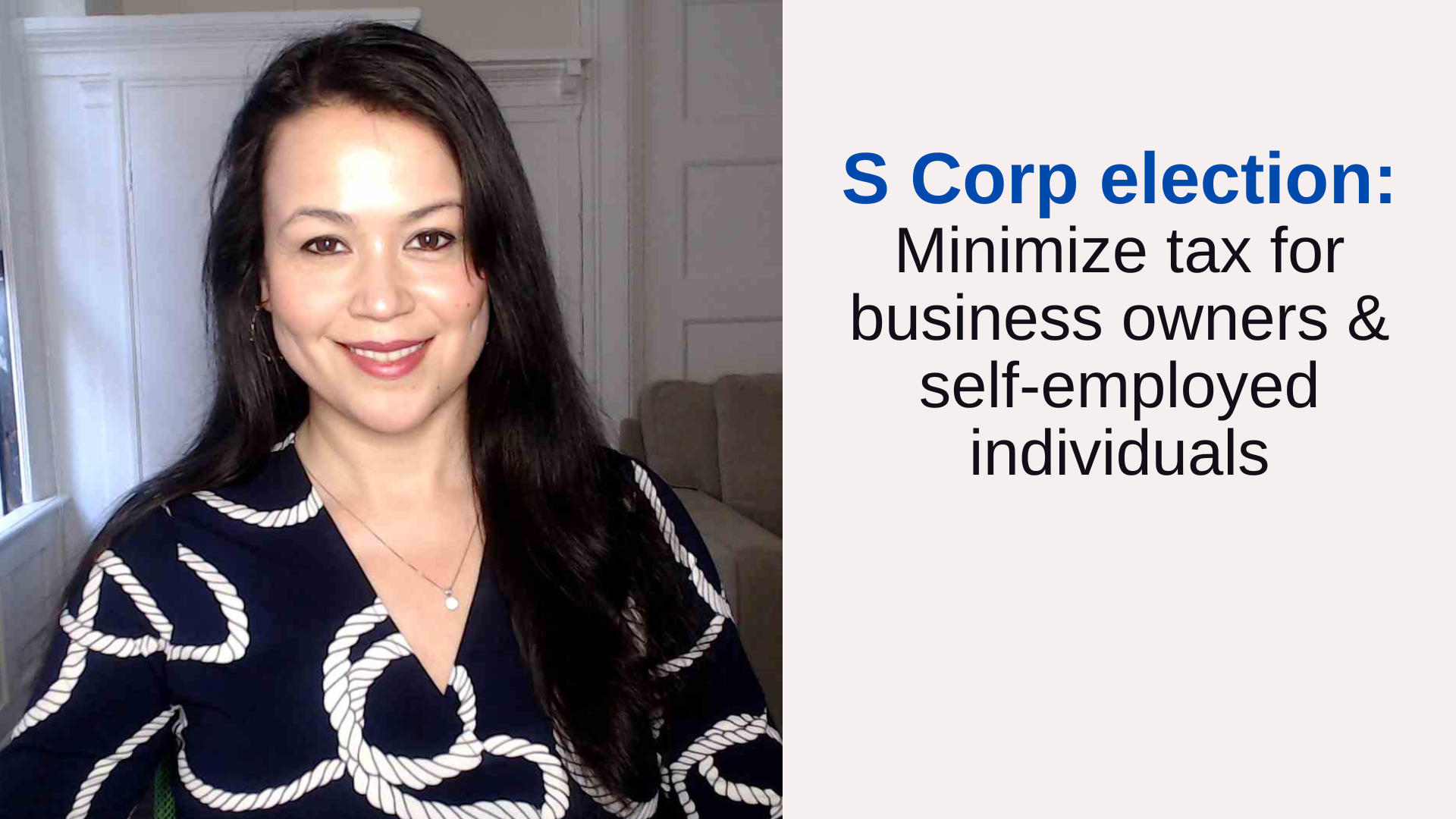Maximize tax savings & charitable giving with a Donor Advised Fund
If you plan to donate to charities and reduce your taxes, you must look into a Donor Advised fund (DAF). It allows you to maximize your tax savings and charitable donations while giving you lots of planning flexibility. Donor Advised Funds have become extremely popular in the last decade. Roughly $1 of every $8 given to charities in the US now goes to a Donor Advised Fund. They have grown to $140 billion in size.
So why are Donor Advised Funds so popular and how do they maximize your tax savings and your charitable giving? Watch video below to find out:
What is a Donor Advised Fund?
A Donor Advised Fund is basically a charitable account. Once you open and fund the account by transferring cash or securities into it, you get a dollar-for-dollar income tax deduction the year you fund it. You can then invest the money in the Donor Advised Fund and it grows tax-free over time. You can then donate to charities from there in the future. Now, you might be thinking, why not just donate to charities directly? Why go through this process of opening a Donor Advised Fund first? You can certainly donate directly to charities especially if they are one-off small gifts. But there are some compelling reasons as to why you should look into a Donor Advised Fund.
Here are 4 reasons why you might consider a Donor Advised Fund instead:
1. It allows you to gift illiquid and complex assets:
Most charities are only able to accept cash donations. Some might even be able to accept public company stocks but most will not be able to accept real estate interests, private company stocks, S Corp shares, C Corp shares, etc. It can be highly tax-advantageous to contribute these types of illiquid and complex assets. With a Donor Advised Fund, you can contribute these assets and get those tax advantages.
2. It provides lots of flexibility around gifting and planning :
When planning your gifting strategy, a Donor Advised Fund allows you to set aside a certain amount of funds for giving and then get immediate tax benefit today for those funds. Then it gives you the time to figure out the causes and charities that you want to donate to and do so over time. What’s even better is that while you’re identifying the charities to donate to, you can invest the Donor Advised Fund and keep it growing tax-free. So your charitable gifts can grow over time without you having to donate more money.
3. It is a versatile tax planning tool that can be used as a part of a larger tax planning:
Expanding on point #2 the flexible nature of Donor Advised Fund makes it a versatile tool that can be used as a part of a larger tax planning strategy, such as a Roth conversion or an estate tax planning strategy. It can also be great for timely and time-sensitive tax planning such as reducing the tax impact of a year, where your income might be really high because your business was doing really well or because of real-estate holdings or because your stock options or restricted stock units got vested.
4. A DAF makes record-keeping easy:
It can be difficult to keep track of all the charities and tax deductions from all the donations that you do throughout the year. With a Donor Advised Fund, all the gifts and receipts are kept in one account making record-keeping simple and easy.
Lastly, how do you open a Donor Advised Fund?
The best way to open a Donor Advised Fund is through your financial advisor, who knows your overall financial picture and goals. They might be able to suggest using it as a part of a larger tax planning strategy. They can also advise you on which asset to give, how much and when for maximum tax savings and also maximum charitable giving.
If you would like to speak with us about your charitable giving and tax planning, please book an introductory call below:









Leave a Reply
Want to join the discussion?Feel free to contribute!